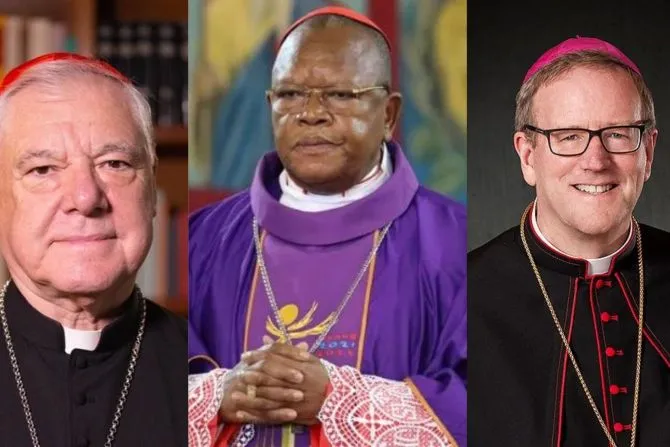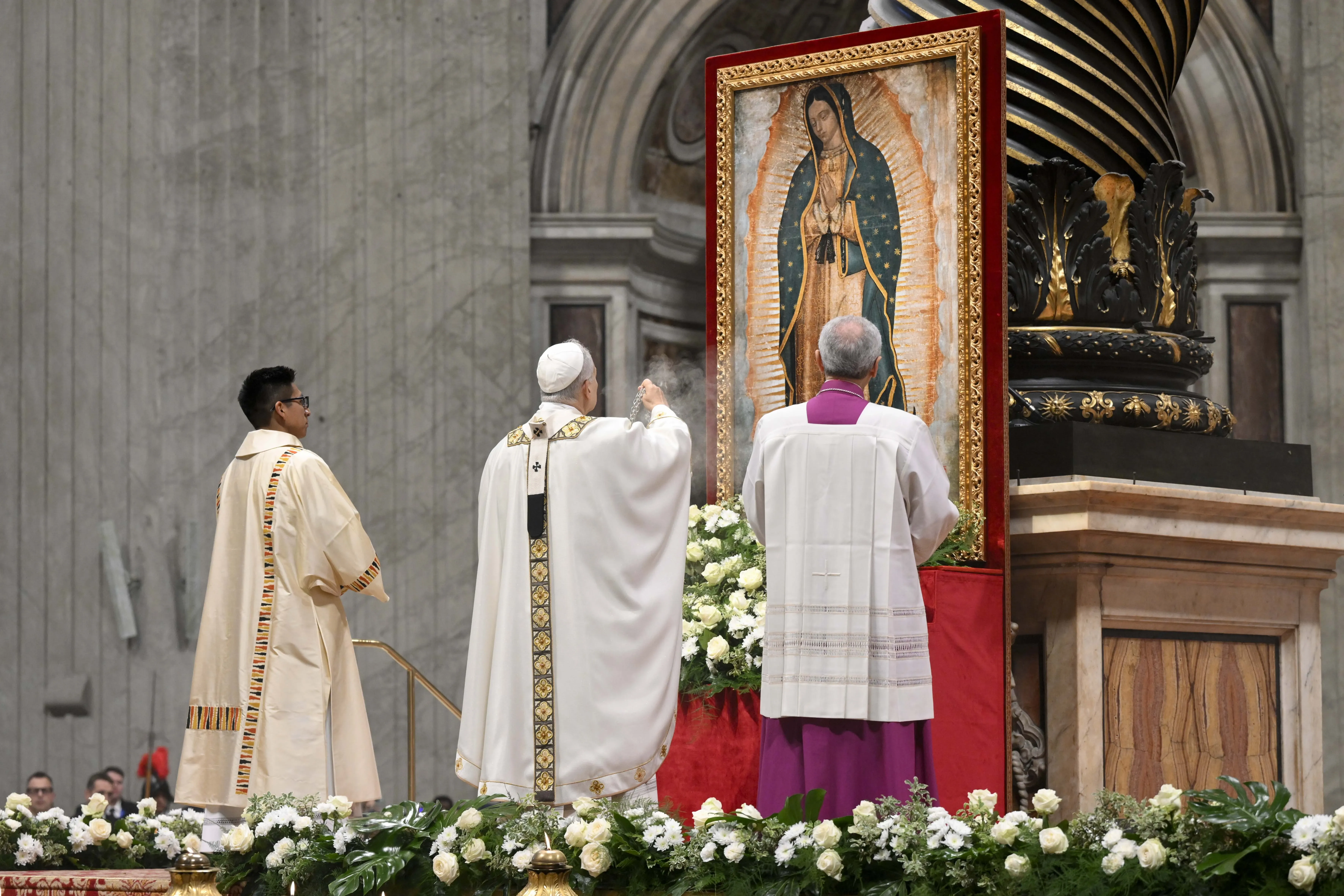“From our own experience as pastors,” the Confraternity went on, “we conclude that such blessings are pastorally and practically inadmissible.”
Bishops who embrace blessing homosexual couples
Austrian Bishop Josef Marketz of the Diocese of Gurk said he was “happy and grateful” for the document and called it “an important step for an open Church.”
Marketz said that homosexual couples “are not second-class Christians” and that the DDF’s 2021 declaration ruling out the blessings of homosexual couples “rightly hurt and offended many people.”
According to Marketz, the Vatican’s new guidance is characterized by a “loving attention to the situation of people as well as their longing and desire for blessing, so that their life (together) can be good or even better under the loving gaze of God.”
(Story continues below)
Bishop Wilhelm Krautwaschl, another Austrian bishop of the Diocese of Graz-Seckau, also welcomed the declaration, going a step further by saying that “whoever asks for the blessing shows that he or she or both need the saving presence of God, and this blessing must not be refused.”
Bishops urging caution
Other bishops, including many U.S. bishops, have released statements that while not condemning the Vatican declaration urge priests to take special care in imparting blessings to homosexual couples so as not to cause confusion or scandal.
Bishop James Conley of the Diocese of Lincoln, Nebraska, issued a statement in which he said that “any new Vatican statement, particularly if it relates to controversial moral issues” must be read “in continuity with the Church’s full and unambiguous moral doctrine.”
“Fiducia Supplicans is clear that this is not a change in the Church’s teaching about marriage. Because the Catholic Church’s teaching on marriage is rooted in the Gospel of Jesus Christ, it is unchangeable,” Conley said.
“Love is rooted in truth. It is our duty as Christians to call everyone to the truth, so they may experience the ultimate love — God’s love. We can show that love to others by praying for them, walking with them on their spiritual journey, and leading them to the truth of God’s word. We must be careful not to do anything to lead them away from the truth and away from God’s love.
“Let us at all times be clear and avoid confusion in our words and in our actions,” he added.
Bishop Robert Barron, head of the Diocese of Winona-Rochester, Minnesota, and founder of the Catholic media apostolate Word on Fire, emphasized that the declaration “in no way sanctions irregular bonds or changes the Church’s teaching on marriage and sexuality” and that it “further specifies that no liturgical blessing can be offered to those in such unions, but rather an informal pastoral blessing.”
Barron said that the declaration “is very much congruent with the pastoral instincts of Pope Francis, who always wants to remind those who are living the Christian life in a less than perfect way that they are, nevertheless, loved and cherished by God.”
Archbishop Samuel Aquila of Denver also emphasized in a statement that the Vatican’s declaration “in no way changes the Church’s teaching or practice on marriage or the sinfulness of sexual acts outside of the marital embrace of husband and wife. Rather, at every turn, it affirms what Christ, and the Church, has always taught regarding marriage.”
Bishop Oscar Cantú of the Diocese of San Jose, California, said the declaration maintains a “clear distinction between the sacrament of marriage and the spontaneous blessings for couples in non-sacramental unions” and “represents an important clarification that acknowledges and responds to the diverse realities of people’s lives while upholding the Church’s teachings on sacramental marriage.”
The Catholic Bishops Conference of Nigeria also issued a statement to the faithful in their dioceses saying that the conference “assures the entire people of God that the teaching of the Catholic Church on marriage remains the same” and that there is “no possibility in the Church of blessing same-sex unions and activities.”








